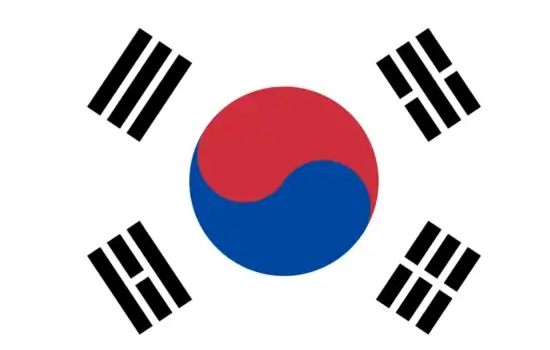South Korea is grappling with a profound political crisis following the arrest of former Defense Minister Kim Yong-hyun on charges of treason. This development stems from a contentious attempt to impose martial law, which has also placed President Yoon Suk Yeol under intense scrutiny.
Arrest of Former Defense Minister
On December 8, 2024, prosecutors detained Kim Yong-hyun, who had resigned just days earlier. Kim is accused of orchestrating the brief imposition of martial law, a move that has been widely condemned both domestically and internationally. He voluntarily appeared at the Seoul Central District Prosecutors’ Office, where authorities seized his mobile phone as part of the investigation.
President Yoon’s Controversial Martial Law Declaration
The crisis escalated when President Yoon declared martial law on December 3, citing threats from “anti-state forces” and political opponents. The decree granted the military extensive emergency powers but was rescinded six hours later following unanimous opposition from the National Assembly.
Impeachment Efforts and Political Fallout
In response to the martial law declaration, opposition parties initiated impeachment proceedings against President Yoon. However, the motion failed due to a boycott by lawmakers from Yoon’s People Power Party (PPP), resulting in the absence of a quorum. Despite surviving the impeachment vote, President Yoon faces mounting calls for his resignation.
Public Outcry and Protests
The political turmoil has ignited widespread public protests. Thousands have gathered in Seoul, demanding President Yoon’s impeachment and the dissolution of the ruling party. The public sentiment reflects deep dissatisfaction with the government’s actions and concerns over the country’s democratic integrity.
International Concerns
South Korea’s allies, including the United States and Japan, have expressed apprehension over the unfolding crisis. The instability poses risks to regional security dynamics, particularly amid ongoing tensions with North Korea. The leadership vacuum and political uncertainty could potentially embolden adversarial actions from Pyongyang.
Legal Proceedings and Investigations
The arrest of Kim Yong-hyun marks a significant step in the legal proceedings related to the martial law incident. Prosecutors have formed a special investigative unit to thoroughly examine the roles of key figures, including President Yoon, in the failed coup attempt. The charges of insurrection carry severe penalties, underscoring the gravity of the situation.
Future Implications
The current political crisis has far-reaching implications for South Korea’s governance and democratic institutions. The ruling party’s proposal to delegate presidential duties to the Prime Minister has been criticized as unconstitutional, adding to the complexity of the situation. The resolution of this crisis will be pivotal in determining the country’s political trajectory and its standing in the international community.
As South Korea navigates this turbulent period, the actions of its leaders and institutions will be closely watched, both domestically and globally. The commitment to democratic principles and the rule of law will be essential in restoring stability and public trust.


